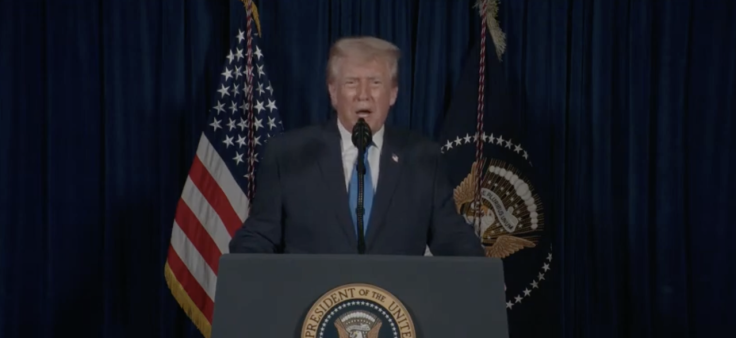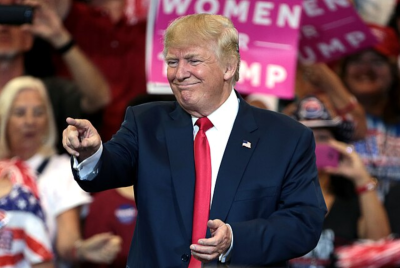Trump Orders Troops Into D.C. And Promises Immigration Crackdown After Shooting
Shooting near Farragut Square leaves two West Virginia guardsmen critically injured; Pentagon sends reinforcements at Trump's request

US President Donald Trump ordered 500 more troops into Washington and vowed a sweeping immigration crackdown after two National Guard members were ambushed near the White House.
President Trump called the attack 'an act of evil' and demanded immediate reinforcements as the capital reeled from an afternoon shooting that left two West Virginia Guard members critically wounded.
The Pentagon confirmed the additional deployment at Trump's request, even as a federal court last week found the administration's earlier, larger deployment likely unlawful. The shooting has touched off swift policy moves on immigration and promises of federal prosecutions. It also reopened a heated legal battle over the presence of soldiers on city streets.
Attack Near the White House: What Happened
Officials say two National Guard soldiers were on a high-visibility patrol near Farragut Square when a lone suspect rounded a corner and opened fire, then was subdued by other troops after an exchange of gunfire.
Both soldiers were taken to the hospital in critical condition, and the suspected shooter was also wounded and detained at the scene. The FBI has taken the lead in the investigation and is treating the incident as an assault on federal officers.
At a joint briefing, FBI Director Kash Patel described the case as an active federal investigation and said it would be prosecuted at the federal level; Metropolitan Police Department officials characterised the shooting as 'targeted' while noting no additional suspects had been identified. Video from the scene, officials said, suggests the gunman acted alone.
Rapid Reinforcement and a Policy Pivot
Within hours, Trump made a videotaped address from Florida, calling the attacker 'an animal' and demanding a 'very steep price' for the perpetrator. Defence Secretary Pete Hegseth told reporters later that the President had requested an immediate dispatch of 500 additional National Guard troops to Washington.
That order will raise the number of guard personnel in the capital to roughly 2,500, according to government briefings.
The reinforcement comes against the backdrop of last week's federal court ruling that the administration's earlier deployment of several thousand Guard personnel to Washington was probably unlawful. US District Judge Jia M. Cobb concluded that the executive had exceeded statutory limits and intruded on the District's authority, a decision the government is appealing but which remains a live legal constraint.
The new dispatch, therefore, has both operational and constitutional consequences, forcing rapid coordination between the Pentagon, state adjutants general, and local officials.
Suspension and Scrutiny
Trump used the shooting to press a hardline immigration case, saying the incident vindicated his warnings about lax vetting. Within hours, agencies moved. US Citizenship and Immigration Services officials and government posts announced an indefinite halt to processing immigration requests related to Afghan nationals while vetting protocols are reviewed.
Advocates and legal experts warned that such sweeping suspensions risk punishing interpreters, visa-holders, and others who assisted US forces.

The suspected shooter has been identified in law-enforcement filings as an Afghan national who arrived in the United States under evacuation programmes in 2021, a fact that immediately became central to the administration's narrative.
Legal advocates emphasised that the vast majority of evacuees were screened repeatedly and that one violent crime, if motiveless or isolated, does not equal a policy justification for mass suspension. The tension between national-security signalling and individual due process is likely to spark new lawsuits and congressional scrutiny.
The shooting near the White House has already produced immediate consequences, federal troops mobilised at the President's instruction, immigration processes paused for a vulnerable population and legal fights repositioned for the next round of appeals. The coming days will determine whether the response calms the city or intensifies political and judicial confrontation.
Trump vowed that the assailant 'will pay a very steep price', and federal prosecutors have signalled they will pursue charges aggressively. The city, meanwhile, braces for the legal and civic reverberations of both the ambush and the decisions it has provoked.
© Copyright IBTimes 2025. All rights reserved.




















